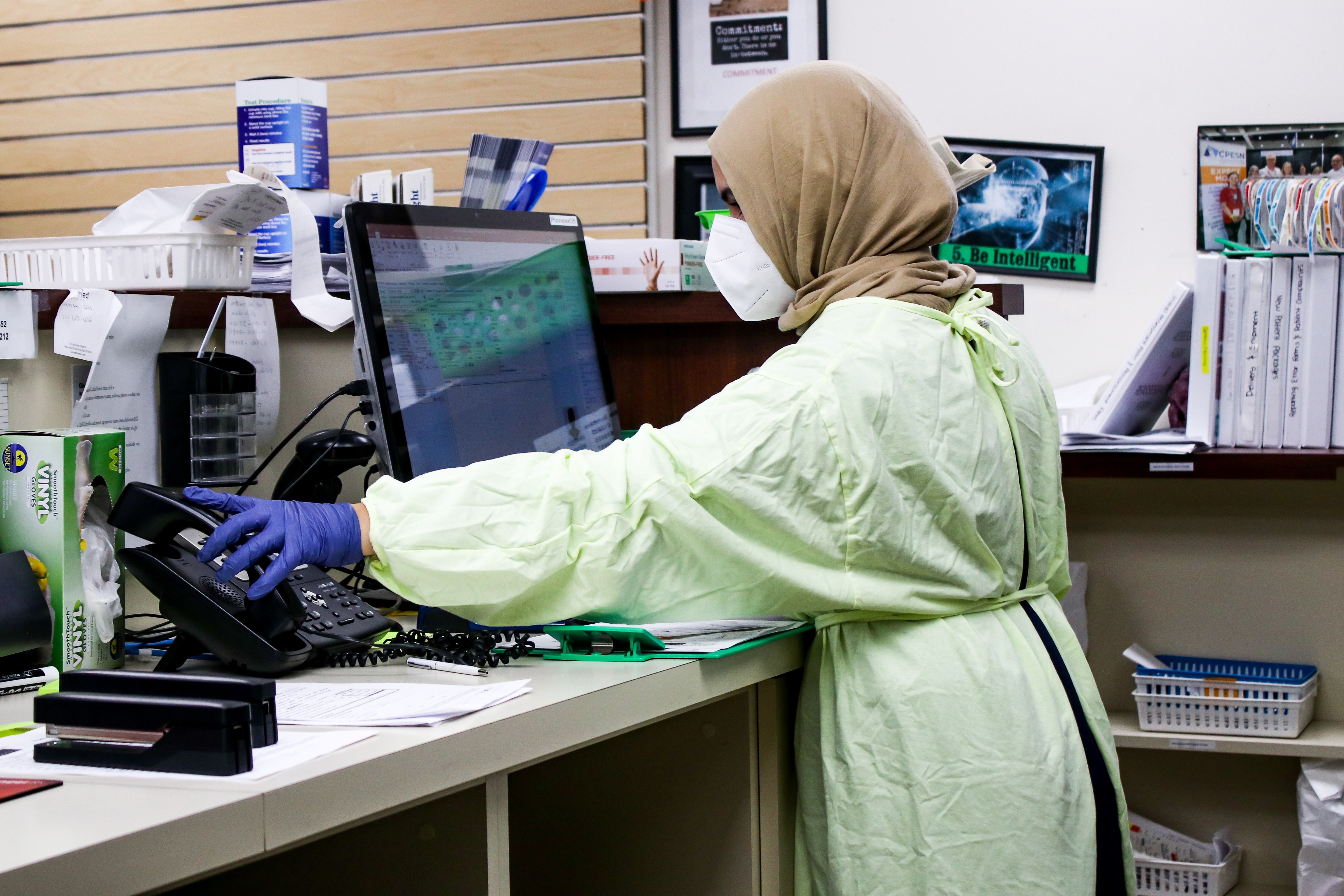Interpreting the New Agency FAQ Issuance for OTC Covid-19 Testing

Starting this month, health insurance carriers are responsible for covering the cost of (8) at-home Covid-19 tests for each covered individual per calendar month according to a new guidance issued by President Biden. This action was set in place to begin increasing access to testing for individuals and to limit the spread of the ongoing pandemic while allowing people to safely go about their lives.
Background
During the Covid-19 pandemic, the FFCRA required all group health plans and health insurance issuers to cover the testing of individuals and other related services without cost-sharing or prior authorization. In addition to this, the CARES Act had expanded the FFCRA to require a large range of reimbursable services related to the testing of individuals. In 2020, agencies released FAQ’s regarding the policies implemented and since that time, the most recent FAQ’s released on January 10th of this year address the FDA’s new approval of at-home OTC tests and the President’s new guidance regarding the coverage of these tests.
FAQ Guidance
How does it work?
Per the new FAQ’s, even with no order from a health-care professional or provider insurance carriers are now required to cover any OTC Covid-19 at-home tests that meet the specified FFCRA criteria. Coverages for this may include either directly reimbursing the individual after they submit a claim or reimbursing the entity selling the OTC test, the second method being the encouraged approach to reimbursement.
Does this affect employment testing?
It’s important to note that there are no current requirements for employment testing to be covered under this guidance for any reason. Individuals who are unvaccinated and require weekly testing for employment protocols still must go through the OSHA Emergency Temporary Standard (ETS) or the employers own mandates program.
Are there limits to the coverage?
There are certain considerations to keep in mind when it comes to the coverage of OTC tests according to the released FAQ’s. The test must meet the statutory criteria determined by the FFCRA, and if the test is administered without a healthcare provider assessment or testing order, or is purchased from a pharmacy/retailer considered “out-of-network” then the insurance carrier is permitted to limit reimbursement to a max of $12 per test. This standard is for individuals with “direct coverage” (meaning the Individual who purchases the OTC COVID-19 test is not required to seek reimbursement post-purchase or make any up-front out-of-pocket expenditures) of OTC tests.
What will access to “in-network” retailers look like?
In order to limit reimbursement for non-preferred OTC test providers, carriers will be responsible for ensuring that there are an adequate amount of retail locations (both in person and online) with access to OTC tests and will be responsible for communicating these locations to covered individuals. This will be determined by location and the individual’s current utilization of their pharmacy network. Carriers are also responsible for providing reimbursement for purchases individuals may need to make should shipping be delayed for OTC tests bought online.
How will this affect testing access for healthcare providers?
Agencies continue to recognize the importance of having an adequate number of tests for healthcare providers who are actively diagnosing and treating Covid-19 patients while maintaining others have reasonable access to tests as well. This is where the (8) OTC test per 30-day period comes into play, this limit prevents any stockpiling and provides a safeguard to maintain access for all individuals that need tests. Insurance plans may choose to allow for more than 8 per month if they prefer, but are not permitted to limit smaller numbers of tests for smaller amounts of time (i.e. 4 tests every 15 days).
Testing for Employment Purposes
Carriers are permitted to investigate suspected fraud when it comes to ensuring testing is being used for own personal use and not for any employment related purposes. These actions are permitted so long as they don’t create any significant access barriers. They may include asking individuals to provide attestations form individuals that covered tests are for personal use, aren’t being reimbursed from another source, and aren’t being made available for resale. Plans are also permitted to ask for documentation such as a UPC code from OTC test when a claim is submitted.
Carriers will also assist covered individuals with educational resources regarding support in seeking OTC Covid-10 tests as long as materials indicate the Plan is required to cover all OTC tests that meet the FFCRA standards. The FAQ’s provide examples of information carriers must be prepared to provide.
What does this mean for employers?
Employers should continue to clearly communicate to employees that testing policies for work are continuing to be adopted through the OSHA ETS. Employees are still expected to pay out-of-pocket costs for weekly Covid-19 testing if employer does not pay for applicable testing, and while employers may choose to accept OTC testing as proof of compliance, they may not be both self-administered and self-read without being observed by an employer or telehealth proctor.

